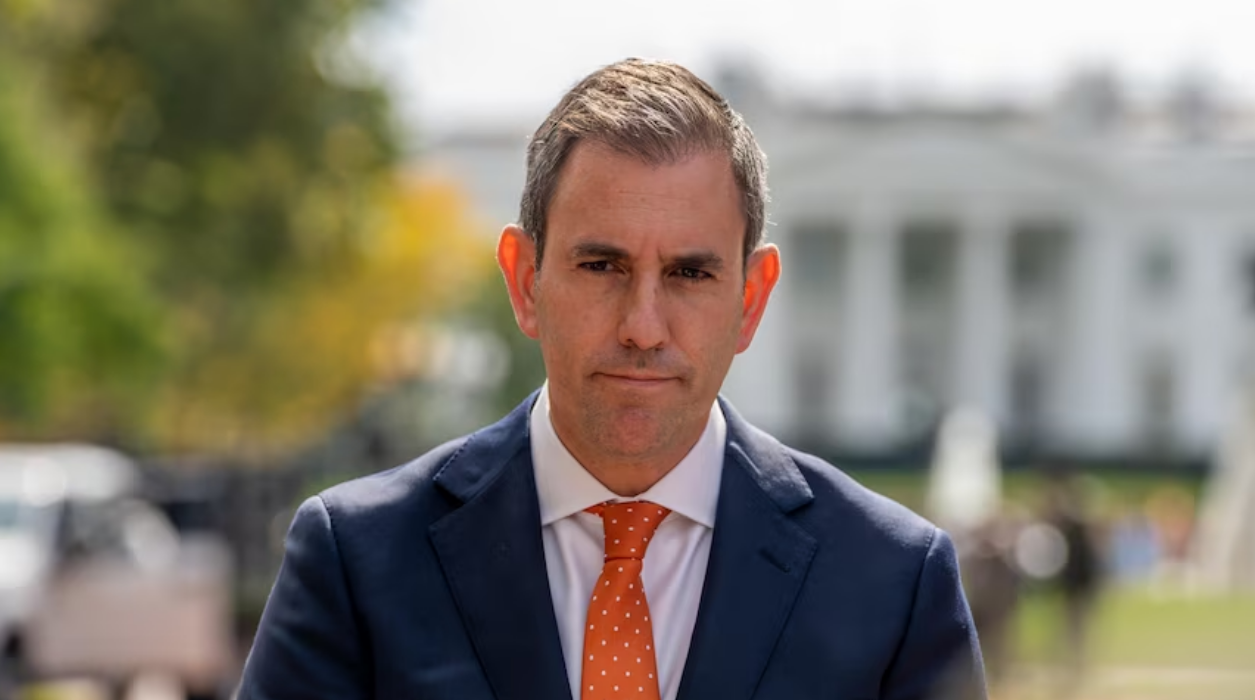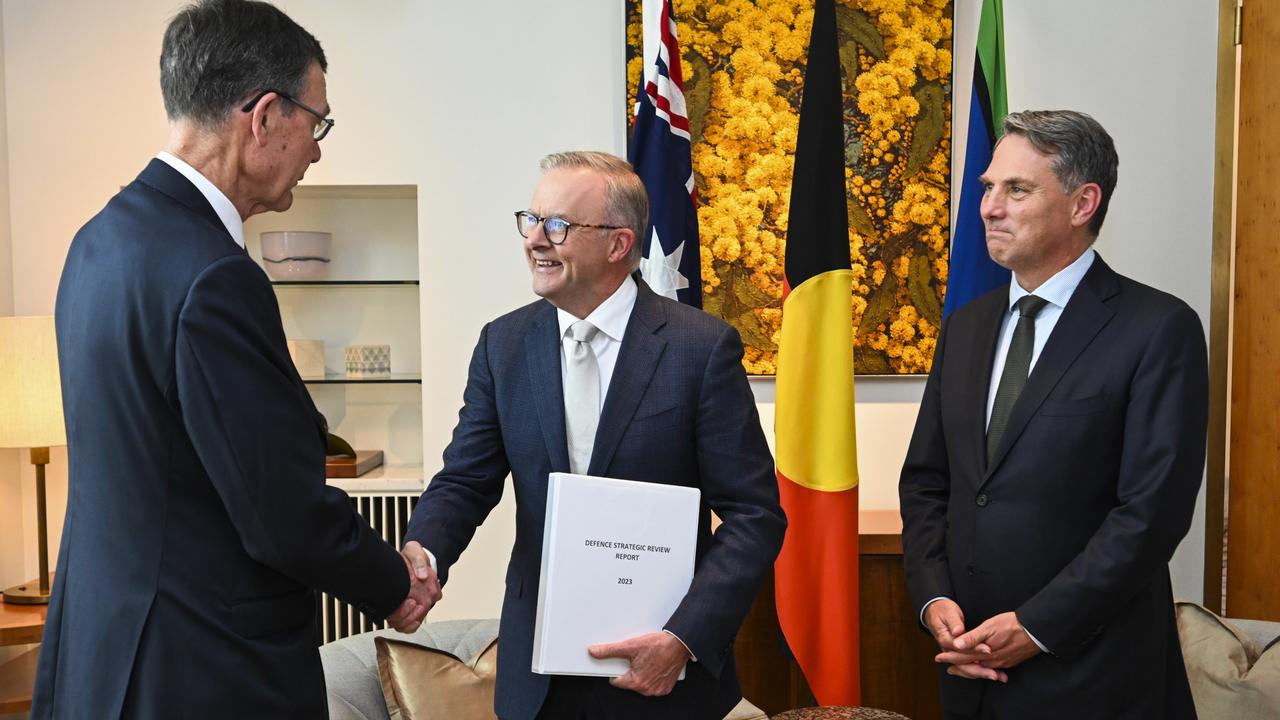Relief, Repair, Restraint.
Next Tuesday, May 9, Treasurer the Hon Dr Jim Chalmers MP will hand down the Albanese Government’s second Federal Budget – and Relief, Repair, Restraint remains the mantra.
Relief: an answer to the nation’s soaring cost of living, avoiding inflationary assistance measures in the process (with some exceptions).
Repair: a growth strategy to respond to what the government deems “a decade of policy failures” by the Coalition – as well as the third major global economic crisis in 15 years.
Restraint: a return to the pre-pandemic budget discipline of paying for all new spending. The Government’s spending audit will claw back billions of dollars to minimise pressure on interest rates.
This will be the seventeenth budget that Treasurer Chalmers has either worked on or responded to – but only the second that he will deliver as Treasurer. The Albanese government’s first Federal Budget, handed down in October 2022, was regarded as an interim budget; it is therefore expected that next week’s Budget will be far more substantive.
Next week, the team at Nexus APAC will provide in-depth insight into proposed budgetary spending and its potential impact on Australian business – as it happens.
In the interim, we have compiled an analysis of the individuals shaping the nation’s economic discourse and what we know so far about their intentions heading into next week.
Treasurer, the Hon Dr Jim Chalmers MP
As Treasurer, Dr Chalmers will table the annual Appropriation Bills in the House of Representatives on Budget Night and move the second reading of the Appropriation Bill (No. 1).
Dr Chalmers has been Treasurer of the Albanese government since May 2022 and has served as a Member of Parliament for the south Brisbane division of Rankin since 2013.
Dr Chalmers has a wealth of experience in parliamentary financial administration, procedural review, and financial reporting. He is a former Shadow Treasurer and Shadow Minister for Finance. He is also a former member of the House of Representatives Standing Committees on Economics and Tax and Revenue, and the Joint Select Committee on Trade and Investment Growth. He is a member of the Labor Right faction.
He completed a PhD in political science here in Canberra at the Australian National University, writing his doctoral thesis on the prime ministership of the Hon Paul Keating, titled “Brawler Statesman: Paul Keating and Prime Ministerial Leadership in Australia.” Treasurer Chalmers cites Keating – along with former Treasurer the Hon Wayne Swan, whom Chalmers worked for as Chief of Staff – as his mentors and role models.
Earlier this year, Treasurer Chalmers wrote a 6000-word essay for The Monthly titled, ‘Capitalism after the crises’, which outlined his policy agenda for the opening of the new parliamentary year. He signalled his intention to release the Tax Expenditures and Insights Statement and the Review of the Reserve Bank of Australia – both of which he has delivered.
Of particular interest to the Australian business community was his promotion of values-based capitalism. He heavily criticised neo-liberalism as the long-standing market-based economic model, maintaining that this economic approach left Australia vulnerable and exposed in the wake of three major global economic crises in the span of fifteen years.
“By failing to put values at the forefront of how our economies work, we also leave behind reams of wasted talent, a degraded environment and social dislocation – all of which threaten to diminish the productive capacity of our economies and ability to create “value” in the first place.”
Instead, he urged the private sector to co-invest with the government in politically determined priority areas such as electricity, industry, and housing, as well as through partnerships in aged care, education, and disability.
Along with re-thinking capital allocation in traditional markets, Dr Chalmers set out three primary objectives that he claims will set Australia up to emerge from a difficult year as a more resilient, more cohesive, and more purposeful country:
- An orderly energy and climate transition that creates new industries, empowering workers and regions.
- A more resilient and adaptable economy in the face of climate, geopolitical and cyber risks, unreliable supply chains, and pressures on budgets from an ageing population.
- Growth that puts equality and equal opportunity at the centre.
He said high inflation would be the Government’s main economic focus, and his priorities in the May budget would be providing cost-of-living relief, growing the economy more inclusively and sustainably, and repairing the budget to enable more generous social policy spending, including on Medicare and aged care.
Shadow Treasurer, the Hon Angus Taylor MP
Leader of the Opposition the Hon Peter Dutton MP will deliver the Opposition’s Budget-in-Reply on Thursday, May 11.
Whilst the Shadow Treasurer does not deliver the Budget-in-Reply, the Hon Angus Taylor MP will speak on behalf of the Opposition at the National Press Club on Wednesday, May 17, for his Post-Budget Reply Address.
Mr Taylor previously served in the Morrison Government as Minister for Energy and Emissions Reduction from 2018 to 2022 and as Minister for Industry from 2021 to 2022. In the Turnbull Government, he also served as Minister for Law Enforcement and Cybersecurity. Like Dr Chalmers, Mr Taylor has sat in the House of Representatives since 2013. He represents the division of Hume, which spans from southwest Sydney to the Australian Capital Territory. He was appointed as the Shadow Treasurer in June 2022.
Building on his background in economics, Mr Taylor was appointed to parliamentary committees on employment, trade and investment, and public accounts.
Before entering parliament, Mr Taylor was a director at a consulting practice where he advised on the resources, agriculture, energy and infrastructure sectors. He has a Bachelor of Economics (First Class Honours and University Medal) and a Bachelor of Laws (Honours) from the University of Sydney. He also has a Master of Philosophy in Economics from Oxford University, where he studied as a Rhodes Scholar. His thesis was in the field of competition policy.
Mr Taylor’s approach as Shadow Treasurer so far has been focused on holding Labor to account on stage three tax cuts, energy prices and super tax concessions.
What we know so far – a brief overview
The annual Federal Budget not only outlines Government revenue and expenditure measures for the forthcoming financial year but provides the country with an increased level of certainty on the government’s objectives in the four-year forwards.
Budgeted policy reforms announced ahead of the second Tuesday in May are often done so with strategic considerations. These include informing the community of landmark changes (both positive and negative), reducing market uncertainty towards the end of the financial year, and enabling the government to shape the budget narrative ahead of budget night.
Here’s an overview of some of the more significant pre-budget announcements:
- JobSeeker will increase for Australians over 55, which is currently at $50 a day. This measure will target cost of living relief for women and the long-term unemployed following an internal push within the Labor caucus. Treasurer Chalmers has already rejected a proposal to increase JobSeeker to 90% of the rate of the age pension.
- The Budget will include $234 million to fund a measure to ban the importation of most e-cigarettes, introduce plain packaging and strip them from convenience store shelves, announced on Tuesday by Minister for Health, the Hon Mark Butler MP.
- From July 1, 2026, employers will need to pay super at the same time as wages and salary.
- The Defence Strategic Review, released on Monday before ANZAC day this year, is expected to cost $19 billion over the forward estimates. The Government has announced that it will be reprioritising $7.8 billion in the Defence Budget.
- Sovereign defence capabilities as part of the AUKUS trade agreement will cost up to $368 billion.
- Minister for Finance, Senator the Hon Katy Gallagher confirmed that the total number of cuts and re-prioritisations in the Budget will be less than the $22 billion it found in October.
- The Treasurer will likely provide more detail on the first standalone Australian wellbeing report, initially announced in the previous budget.
- Prime Minister the Hon Anthony Albanese MP has announced $240 million in funding for a multipurpose stadium in Hobart, which would fulfil the AFL’s requirements for a 19th team in Tasmania.
- The average Australian will save $180 a year after the government announced it would double the maximum quantity of medicine that can be dispensed on a single script.
- The Medical Research Future Fund will receive a further $50 million to research long covid.
- From 2025, the concessional tax rate applied to future earnings on superannuation balances above $3 million will be 30%. This is expected to apply to around 80,000 Australians.
Whatever else is revealed in the 2023-24 Budget on Tuesday night, both Hon Dr Jim Chalmers MP and Hon Angus Taylor MP will have a considerable impact on the economic outlook of the nation in the years to come.
Song of the Week
In preparation for the reveal of where the Australian Government will allocate federal funding for 2023-24, the Nexus team chose ABBA’s Money, Money, Money as the song of the week.

Latest posts by Nexus APAC (see all)
- United Kingdom General Election 2024: An Overview - April 15, 2024
- Australian Voters Go to the Polls - February 26, 2024
- Secretaries of Federal Departments – An Overview - February 1, 2024



